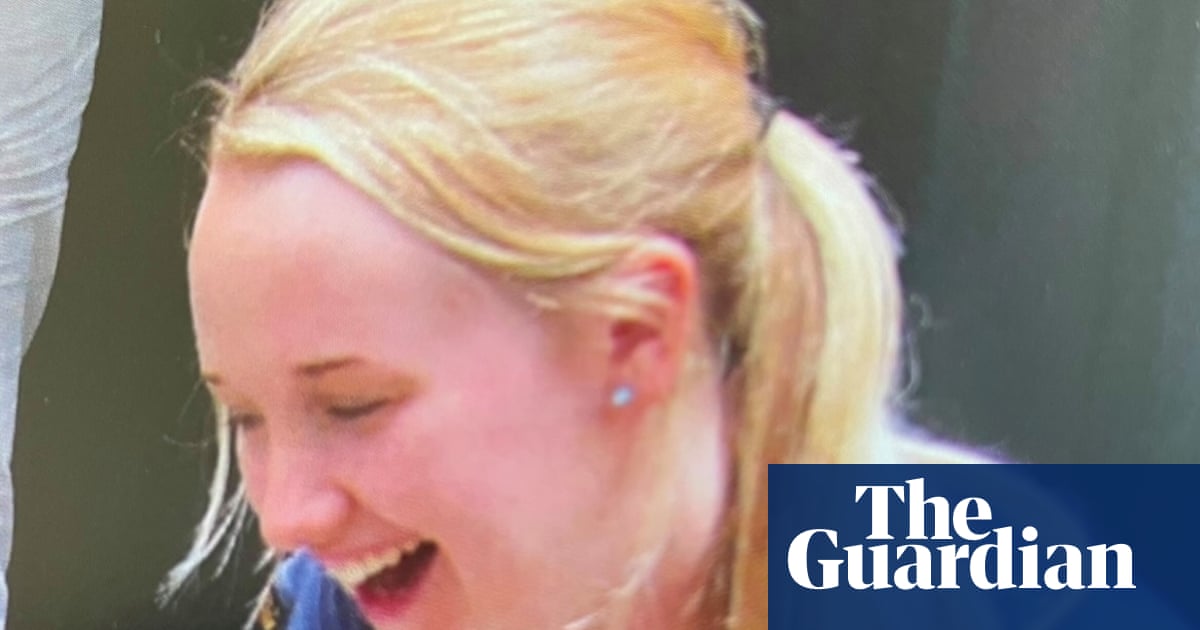GPs across England are to adopt a “three strikes and rethink” approach to patients whose illnesses they cannot diagnose, under a safety initiative known as “Jess’s rule”.
It is named after Jessica Brady, who died at the age of 27 of stage four cancer in December 2020 after experiencing abdominal pain, coughing, vomiting and weight loss for six months.
Before her death, she had contacted her local surgery more than 20 times but was repeatedly wrongly diagnosed with long Covid. Coronavirus restrictions meant she had no face-to-face appointments.
It was only after attending a private consultation that Brady, from Stevenage in Hertfordshire, was diagnosed with adenocarcinoma. She died three weeks later in hospital while on oxygen.
According to Jess’s rule, GPs will have to reconsider a patient’s case if their symptoms have escalated or they are unable to offer a credible diagnosis. The rule was developed by NHS England and the Royal College of General Practitioners.
“Jessica Brady’s death was a preventable and unnecessary tragedy,” said Wes Streeting, the health secretary. “I want to thank her courageous family, who have campaigned tirelessly through unimaginable grief to ensure Jessica’s legacy helps to save the lives of others.
“Patient safety must be the bedrock of the NHS and Jess’s rule will make sure every patient receives the thorough, compassionate and safe care that they deserve, while supporting our hardworking GPs to catch potentially deadly illnesses.
“I don’t want any family to endure the pain Jessica’s family have been through. This government will learn from such tragedies and is taking decisive action to improve patient safety.”
Jess’s rule began as a petition, started by her mother, Andrea, who also called for measures such as funding to allow GPs to refer all patients to specialists and for more face-to-face consultations.
Change.org, the website that hosted the petition, said its almost 500,000 signatures made it the biggest healthcare petition on the platform since the pandemic.
Andrea Brady said: “Jess lived for just three short weeks following her terminal cancer diagnosis. Despite her shock and devastation, she showed unfailing courage, positivity, dignity, and love. Jess was determined that people should understand how desperately she had tried to advocate for herself and seek a resolution for her declining health.
“In the bleak weeks following the loss of Jess, I realised it was my duty to continue what she had started. It has taken nearly five years to bring about Jess’s rule. I would like to dedicate this initiative to all the young people who have been diagnosed too late.”
Jess’s rule also aims to address concerns that younger patients and those from minority ethnic backgrounds often face delays in diagnosis of serious conditions.
Research by the Nuffield Trust and the Health Foundation thinktanks found that half of 16- to 24-year-olds required three or more interactions with a healthcare professional from a GP practice before being diagnosed with cancer. That compared with one in five across the whole population.
Prof Kamila Hawthorne, the chair of the Royal College of GPs, said: “No GP will ever want to miss signs of serious illness, such as cancer. Ensuring a timely diagnosis often means better outcomes for patients – but many conditions, including many cancers, are challenging to identify in primary care because the symptoms are often similar to other, less serious and more common conditions.
“If a patient repeatedly presents with the same or similar symptoms, but the treatment plan does not seem to be making them better – or their condition is deteriorating – it is best practice to review the diagnosis and consider alternative approaches. We hope that by formalising this with Jess’s rule, it will remind GPs to keep this at the forefront of their minds.”
